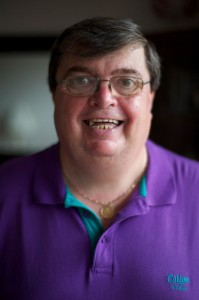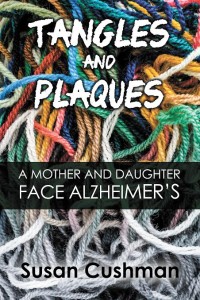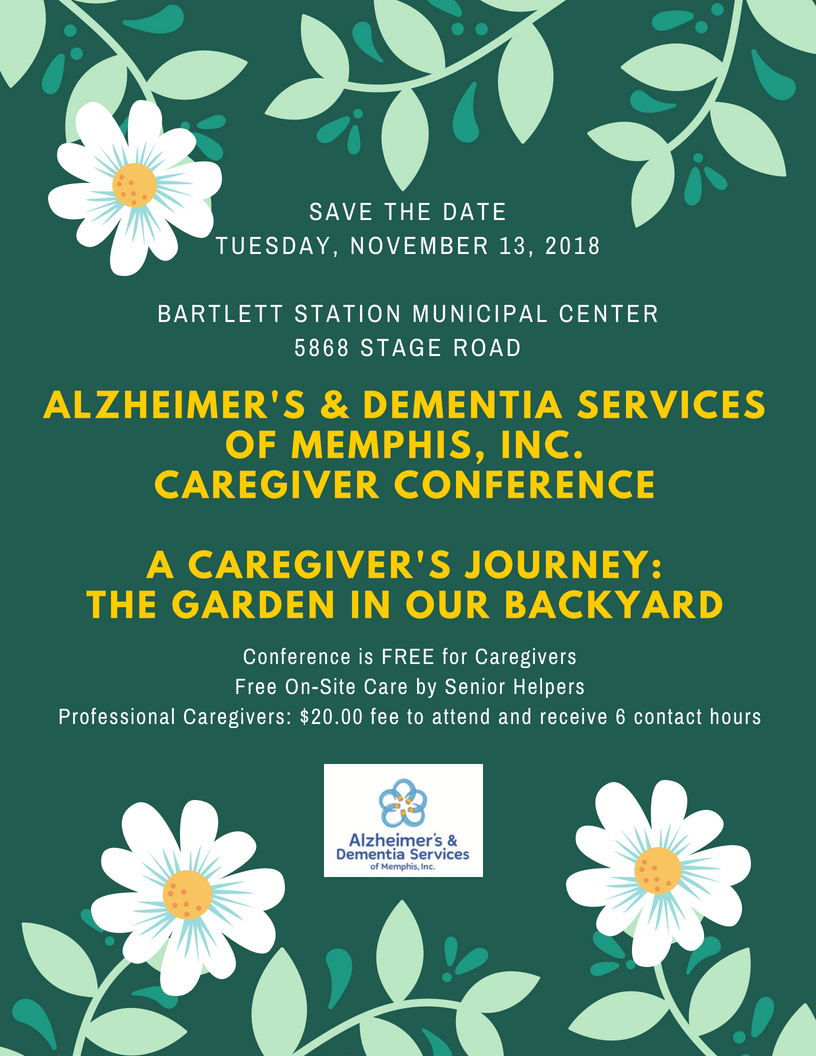I recently shared a link to a wonderful site I had discovered, AlzAuthors.Org. It features over 150 authors writing about Alzheimer’s. A recent post at the site introduces Karen Severson, M.D. and her book—“Look, I Shrunk Grandma: A Psychiatrist’s Guide to Nursing Homes, Dementia, and End of Life.” Severson had several motivations for writing the book:

She wanted to help families of loved ones with dementia understand the disease and the reasons for the treatment approaches in place in the nursing homes where their loved ones were residents. There is often tension between the residents’ families and the nursing home employees, and Severson’s book addresses those issues.
But she had another reason for writing the book:
My other motivation for writing Look, I Shrunk Grandma, a Psychiatrist’s Guide to Nursing Homes, Dementia and End of Life came from seeing persons with dementia suffering. Many families cling to a natural denial that dementia is terminal. As a result, they ask for medical procedures that could prolong life, but may also inadvertently cause more suffering. When stopping numerous interventions were suggested, we have been accused of being heartless or cruel, allowing someone to die. With the experience from my mother’s death, I wanted to do what I could to decrease end-of-life suffering.
Just a few days before this new book was introduced on the AlzAuthors.Org site, I read a special report in the July/August AARP Bulletin: “Our Goal: Disrupt Dementia.” One of several articles within the feature is Thomas K. Grose’s piece “The Pursuit of A Cure for Dementia.” Grose explains about the Dementia Discovery Fund (DDF), a London investment fund that was set up in October of 2015 to “provide money to small companies seeking to discover novel therapies to stop or slow the onset of Alzheimer’s disease and other types of dementia….” There’s lots of good information in this special report—well worth the read.


And speaking of the UK, the third piece of my post today is about a British man who wrote a book after his diagnosis with Lewy Body Disease. Norman McNamara started the organization known as the Purple Angel Dementia Campaign after he was diagnosed with a form of dementia at age 50. I’m reading his book, The Lewy Body Soldier, which is  an amazing achievement given he wrote it while facing the disease. If you’re a regular reader (or writer) of literary fiction or professional narrative nonfiction, don’t expect this book to knock your socks off with perfect prose. In fact, it’s full of “errors,” that are, for me, easy to forgive, because the person who wrote it wasn’t trying to win any literary awards. He wrote it to tell an urgent, universal, and important story. Here’s a video interview with McNamara and his wife and caregiver. (His verbal skills are pretty amazing, considering this was 8 years after his initial diagnosis.)
an amazing achievement given he wrote it while facing the disease. If you’re a regular reader (or writer) of literary fiction or professional narrative nonfiction, don’t expect this book to knock your socks off with perfect prose. In fact, it’s full of “errors,” that are, for me, easy to forgive, because the person who wrote it wasn’t trying to win any literary awards. He wrote it to tell an urgent, universal, and important story. Here’s a video interview with McNamara and his wife and caregiver. (His verbal skills are pretty amazing, considering this was 8 years after his initial diagnosis.)

 My mother died from Alzheimer’s two years ago, and I wrote about her struggles with the disease and my relationship with her during the final decade of her life in my memoir TANGLES AND PLAQUES: A MOTHER AND DAUGHTER FACE ALZHEIMER’S. And her mother died from Alzheimer’s. I was familiar with this type of dementia, but I had never heard of Lewy Body Disease until two friends both were diagnosed with it. One has been in a nursing home for some time now, and the other is at home with 24/7 care from her husband, with part-time help. McNamara talks about some things in his book that I was not aware of before, including the experience of vivid hallucinations and night terrors. The disease, as he points out, isn’t a “one size fits all” type of thing.
My mother died from Alzheimer’s two years ago, and I wrote about her struggles with the disease and my relationship with her during the final decade of her life in my memoir TANGLES AND PLAQUES: A MOTHER AND DAUGHTER FACE ALZHEIMER’S. And her mother died from Alzheimer’s. I was familiar with this type of dementia, but I had never heard of Lewy Body Disease until two friends both were diagnosed with it. One has been in a nursing home for some time now, and the other is at home with 24/7 care from her husband, with part-time help. McNamara talks about some things in his book that I was not aware of before, including the experience of vivid hallucinations and night terrors. The disease, as he points out, isn’t a “one size fits all” type of thing.
 If you or anyone you know has a loved one with dementia of any type, please share these links with them. I will be speaking at the Alzheimer’s and Dementia Services of Memphis’s annual conference on November 13, and I will continue to look for ways to learn more about this disease and share my knowledge and experience with others.
If you or anyone you know has a loved one with dementia of any type, please share these links with them. I will be speaking at the Alzheimer’s and Dementia Services of Memphis’s annual conference on November 13, and I will continue to look for ways to learn more about this disease and share my knowledge and experience with others.
